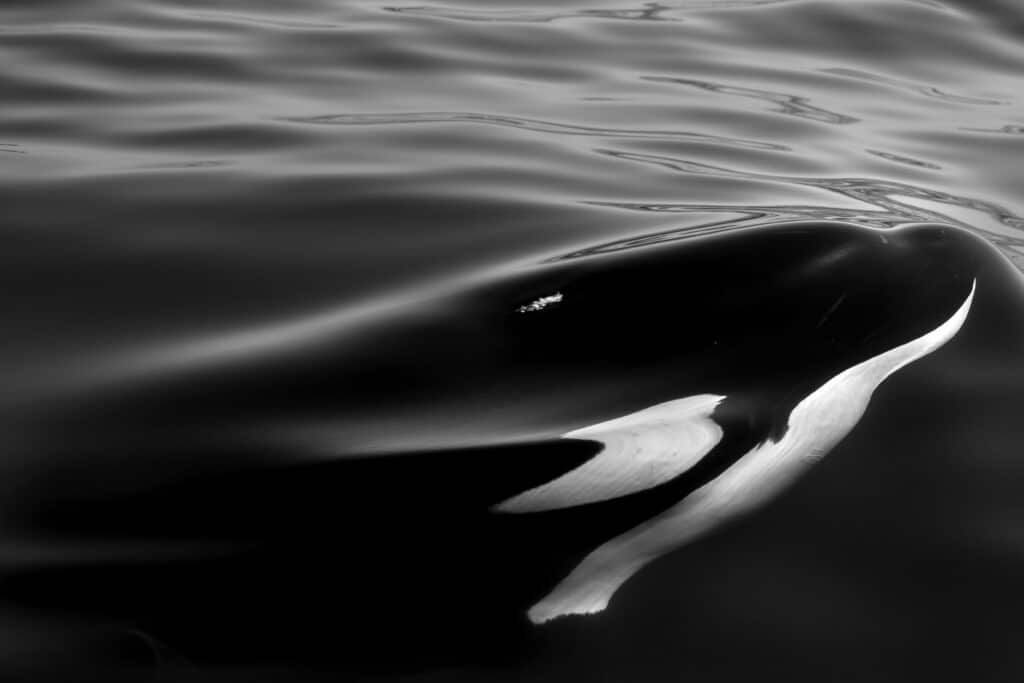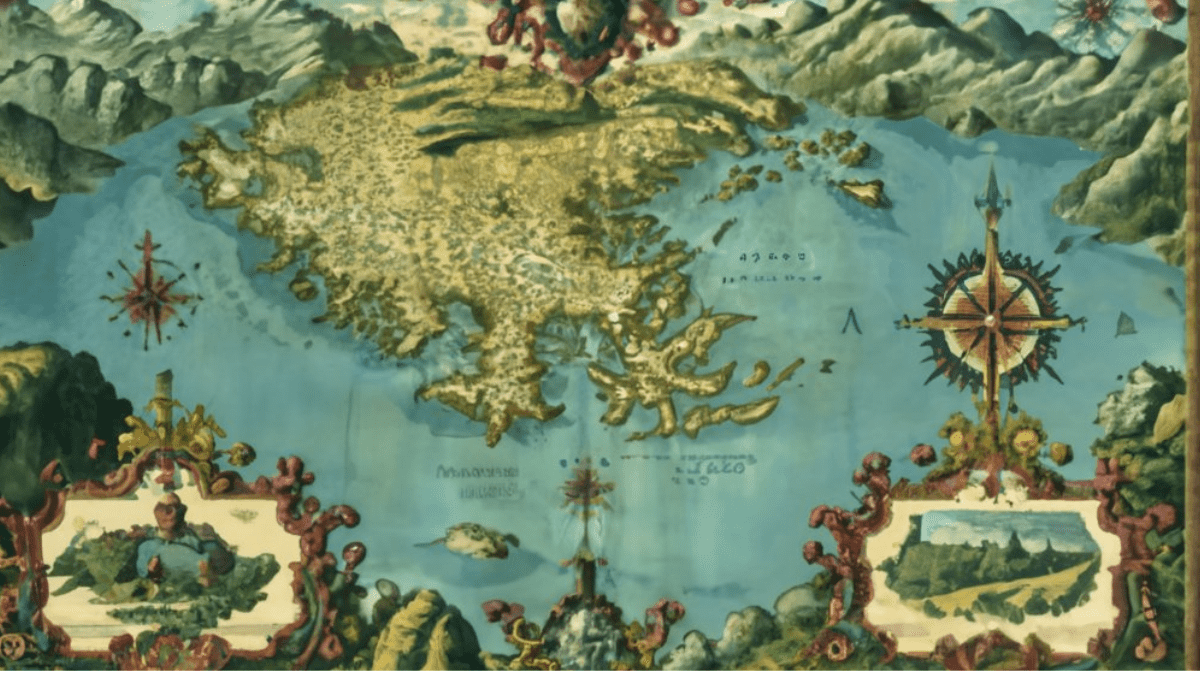The Black Sea, also known as the Euxine Sea, stands as a significant body of water and a renowned inland sea globally. Situated between Eastern Europe and Western Asia, it has garnered legendary status over time.
Its name, suggesting a forbidding nature, and its distinctive features contribute to its allure. Long regarded as a challenging maritime passage due to navigation difficulties attributed to both savage tribes along its shores and the anoxic conditions in its lower depths, the Black Sea has fostered eerie legends.
However, its image has evolved. Today, it boasts a rich array of flora and fauna and over ten small islands, making it a sought-after tourist destination.
Table of Contents
Location of Black Sea?
The Black is a region of Eurasia that is 436,400 km2 in size and is bordered by Europe, the Caucasus, and Anatolia. The nations of Romania, Turkey, Bulgaria, Ukraine, Russia, and Georgia are bordered by the Black Sea.
The Pontic, Caucasus, and Crimean Mountains round this body of water from the south, east, and north, respectively. It is further restricted to the southwest by the Strandzha mountains and to the northwest by the Dobrogea Plateau.
Through the Bosporus Strait, the Sea of Marmara, and the Dardanelles Strait, the Black Sea is connected to the Mediterranean Sea. Before it meets the Mediterranean, the Black Sea forms connections with the Aegean Sea and the Sea of Crete.

Why it is “Black Sea”?
The origin of the name Black Sea is still a mystery, but it’s one of the best and least known facts about the sea. The origin of this sea’s name is the subject of several different theories.
The body of water was referred to as a “inhospitable sea” before it was named the Black Sea, according to theories, mostly due to the existence of barbaric tribes along its coast.
The term “hospitable” was adopted after the Greeks colonized its shorelines. The sea was known as “the Sea” for a very long period, according to several references.
The Black Sea was referred to as Bahr-e Siyah or Karadeniz, which translates to “the Black Sea” in Ottoman Turkish, according to historical records from the Ottoman Empire.
Additional theories propose a number of causes.
Anoxic Conditions: Is there life in the Black Sea?
The anoxic water of the Black Sea is among its most fascinating features. That is to say, the water is noticeably devoid of oxygen.
The movement of water between the sea’s upper and bottom strata is a rare phenomena that can only be found in the Black Sea, the world’s largest body of water with a meromictic basin.
Because of the significant temperature differential between these layers, the bottom layers become completely oxygen-free and inactive.
The Black Sea gets freshwater from its rivers and rainfall at the same time. But the only water transfer that occurs in the Black Sea is with the Mediterranean Sea.
Dense water from the Mediterranean comes in as the transfer takes place in the Bosphorus and Dardanelles.
Since shallow mixing between the two layers of the water in the Black Sea, marine life cannot survive in the anoxic zone. It is only the oxygen-rich surface waters of the Black Sea are support marine life.
Maritime History of Black Sea
Many marine geologists estimate that the Black Sea was a freshwater lake about 7,000 years ago, before salt water entered the lake due to a rise in the Mediterranean Sea.
Many think that the so-called deluge is a metaphor for the disastrous flood that is mentioned in the biblical tale of Noah’s Ark.
According to legend, when the deluge passed, the ark of Noha came to rest on the Turkish slopes of Mount Ararat. Marine archaeologists have occasionally debated both sides of these assertions.
However, this specific Black Sea history is still up for discussion due to the dearth of reliable scientific evidence.
Stable Water Level: Swimming in the Black Sea
The Black Sea maintains a constant water level due to the absence of significant tides, offering a serene surface. Despite its unique properties, swimming in its mineral-rich waters presents a distinct experience, with objects tending to float.
Island Biodiversity
The Black Sea hosts several small islands, approximately ten in number, boasting diverse flora and fauna. Notable among these is Snake Island, near the Danube Delta, infamous for its fish-eating Grey Water Snakes. These islands, scattered among Bulgaria, Ukraine, Turkey, and Romania, serve as significant tourist attractions.
Eerie Legends: Tales of the Deep
Rumors persist of the Black Sea holding the remains of ships and humans for centuries, owing to its slow decomposition rate in anoxic conditions. While scientifically explainable, these phenomena have fueled unsettling rumors about the sea.
Tourism: A Magnet for Travelers
Despite its mystique, the Black Sea remains a popular tourist destination year-round, thanks to its scenic coasts and mountainous surroundings, drawing marine and travel enthusiasts alike.











